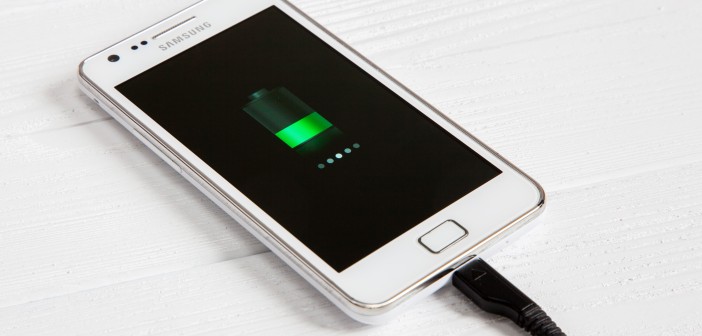A smartphone is also known as a “mobile phone” because it is a device that we can carry on the go. Mobile phones are an important tool for our daily work and study. Therefore, when there are problems with mobile phones, we will inevitably feel anxious. In recent years, people continue to pay attention to the safety of mobile phone batteries. Although battery technology continues to improve, there are still potential safety hazards. I believe that many people have seen the “battery bulge” of smartphones. This usually indicates that there is a problem with the battery. Also, when we see some fluids coming out of a smartphone battery, it also points to the health of the battery. We should not just ignore these signs, we should be careful to avoid an explosion.

Most smartphones in the industry today uses Lithium batteries. These batteries have many advantages, such as large storage energy, high efficiency, and reusability, etc. However, its security issues have to be paid attention to. Here are the best ways to keep your Lithium-ion battery safe
Avoid high impact falls
If you are careless with your phone and they drop frequently, then you are in for some trouble. This will not only destroy your screen which you can easily replace, it will also quietly destroy your smartphone battery. It is very common for a lithium-ion battery to heat up in a short time or even explode as a result of a high impact force on the battery. If you didn’t know this before, now you know – avoid dropping your phone.
Avoid high charging current
Sometimes, we may experience over-voltage and the current output is abnormal. If you charge your phone in such a situation, you are putting your battery at risk. Charging and discharging of mobile phone lithium batteries is actually a chemical reaction. When charging, the lithium atom of the positive electrode loses an electron and becomes negative. The reverse is the case when discharging. However, when there is a high charging current, the rate at which the positive electrode loses an electron becomes too fast. This causes an internal disturbance that can damage the smartphone battery.
Avoid overcharging your battery
It is very common for us to leave our device to charge while we go to bed. This act is actually unhealthy for the battery. Frequent overcharging will aggravate the gas production of the battery. This will increase the internal pressure of the battery and cause swelling. Of course, once the smartphone battery swells, its performance will most likely not remain the same. Recent smartphones come with features that stop the current supply when the battery is full. When the phone is fully charged, the battery’s electronic control circuit will stop charging. If the quality of the battery itself is not good enough, inferior batteries are more likely to cause excessive charging and discharging.
Avoid using low quality fake chargers
Inferior chargers cannot provide the voltage and current that are compatible with the charging requirements of the mobile phone during the charging process. This results in overcharging, which will often accelerate the aging of the mobile phone battery.
Avoid frequent charge in a high temperature environment
Generally, the best environment for charging lithium batteries is around 25°C. When charging mobile phones in summer, the temperature is high, and the charger generates heat. In addition, the temperature of the small surface inside the battery increases, and the body heat dissipation is not good, which is more likely to cause the battery to bulge. This affects the life span of the battery.
Avoid keeping phones idle for long
Mobile phone manufacturers recommend that users regularly charge the mobile phone to about 50%. This will help in maintaining the battery and prolong its life span. Because the lithium-ion battery is mainly composed of lithium polymer, keeping it unused for a long time may cause some internal changes. This may cause the battery to swell and lose its potentials.
Conclusion
Of course, some people worry that mobile phones now support fast charging and this may cause the battery to bulge. We don’t have to worry about this. When designing fast-charging solutions, mobile phone manufacturers have very high requirements for battery design and monitoring. Especially for high-power fast charging, multiple safety protection measures, temperature control, and voltage will be considered. Therefore, if you develop good charging habits, you don’t have to worry about battery life.
The battery life is calculated according to the number of charge and discharge cycles. A complete charge and discharge cycle will reduce battery life by one time. The batteries designed by most manufacturers can basically reach about 500 charge-discharge cycles. Therefore, if you want to maintain the battery, don’t overcharge it every time you charge it (full charge obsessive-compulsive disorder).
All in all, the swollen battery is irreversible. We should replace the battery in time after finding the swollen battery. Do not listen to the solution on the Internet to avoid unnecessary losses. Mobile phone charging technology is advancing rapidly. Presently, we have 100W fast charge capacity. However, we must be careful to follow safety measures with batteries. Thankfully, most smartphones now come with undetachable batteries.

